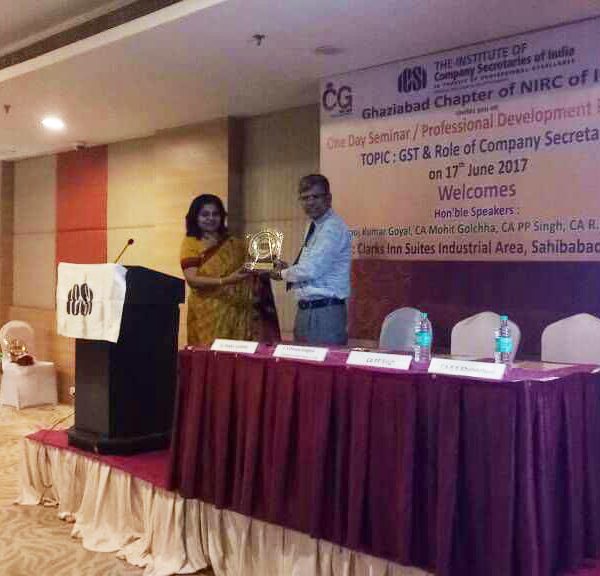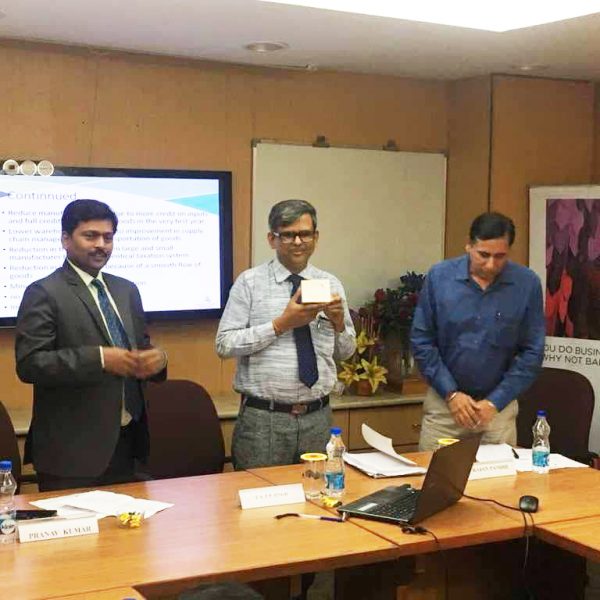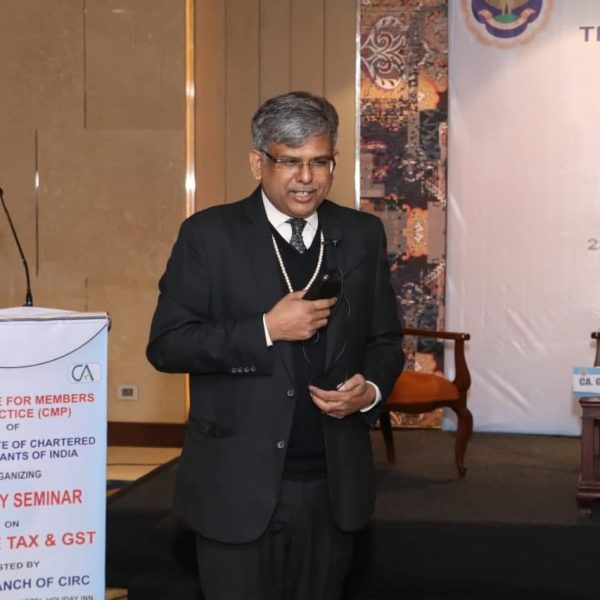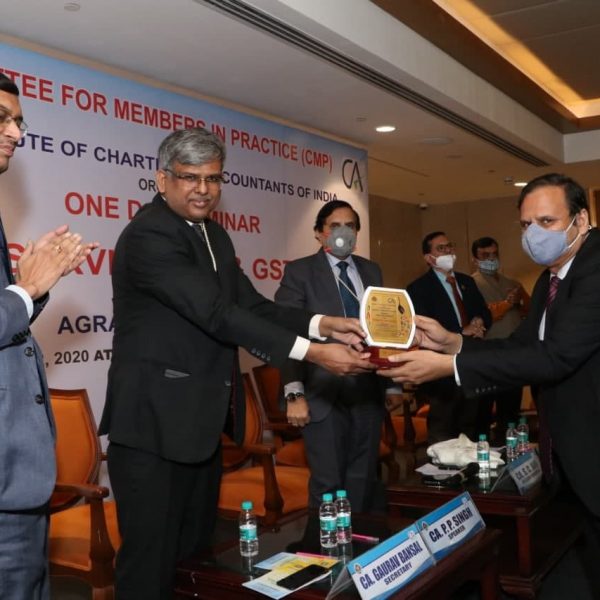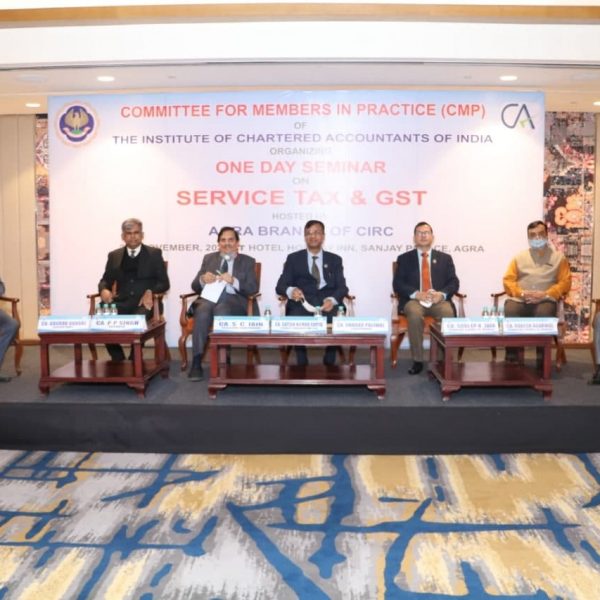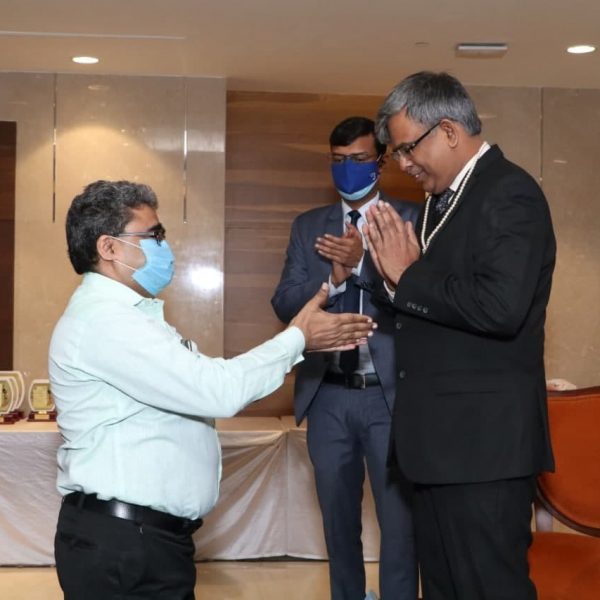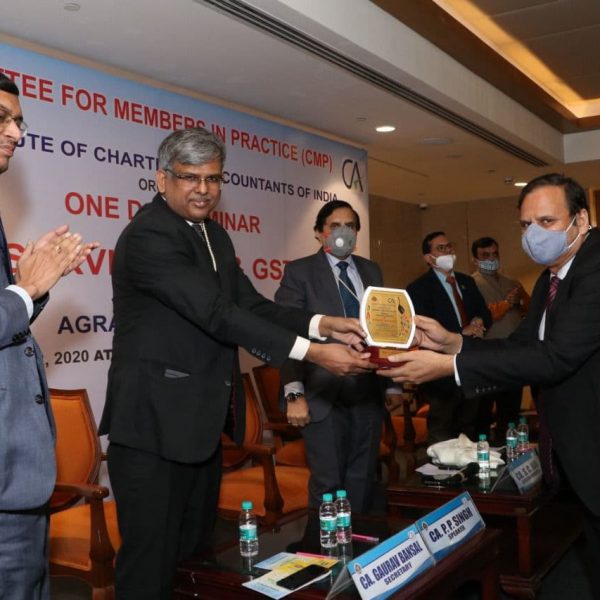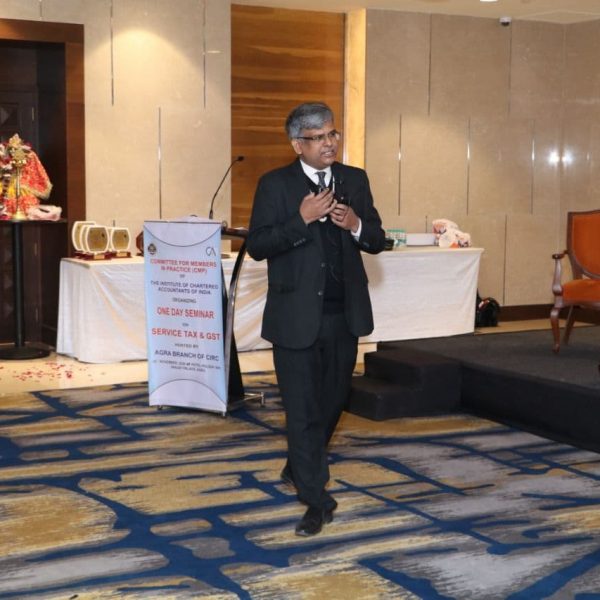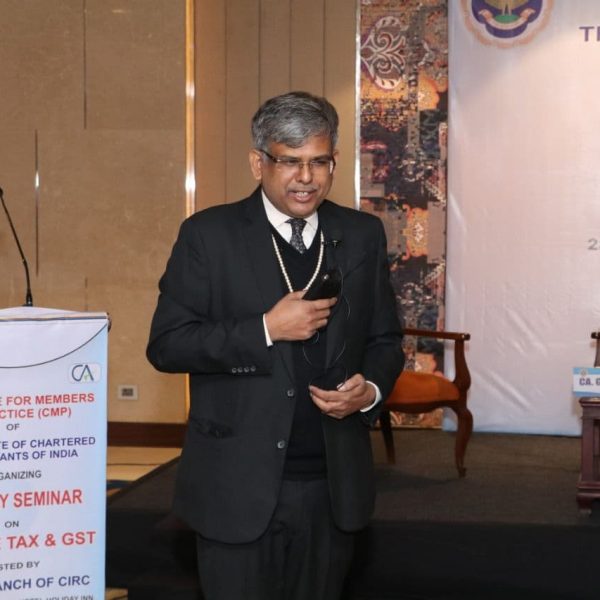Chargeability of tax in the hand of executor for income from estate from death till complete distribution among beneficiaries.
Glossary of terms:
Executor: The person, who would administer the estate of the testator, after his death, in accordance with the provisions / directions under the Will. He is appointed by the testator himself under / by his Will. Executor has to act like a trustee. Besides, even any such legatee, who undertakes to carry out the wishes of a testator, will be treated as a trustee.
Administrator: The person, to whom Letters of Administration is granted, by the competent Court, for administration of the estate of any such testator, who had not appointed any person as an executor under / by his Will. Such administer can also be appointed by the Court, in cases, where the testator had appointed one person as executor under the Will, but such person refuses to act so as executor, or he is legally incapable to act as so, or he dies, before the death of testator, or before the Will has been proved, or before he has been able to execute the Will fully. The distinction between an executor and administrator is that, the executor can be appointed by the testator under his Will, whereas the administrator can be appointed only by the competent Court.
Probate: When the competent Court grants letters of administration, which is annexed with the Will, then it is said to be grant of probate. Probate means the copy of a Will, which is certified under the seal of a competent Court, with a grant of administration to the estate of the testator. It is the conclusive evidence about the due execution and validity of the Will, and about the testamentary capacity of the testator.
Glossary of terms:
Executor and trustee: executor is representative of the testator for all purposes while trustee is the representative of the legatees or the beneficiaries.
Legatee / Beneficiary: A person, to whom the property will pass under the Will. He is the person, to whom the property of the testator would be bequeathed under the Will.
Estate: The property of the testator remaining or left after his death.Applicability of succession law
- Intestate succession: succession without a valid will
- Testamentary succession: succession with a valid will.
Extract of Section 168:
(1) Subject as hereinafter provided, the income of the estate of a deceased person shall be chargeable to tax in the hands of the executor,—
(a) if there is only one executor, then, as if the executor were an individual; or
(b) if there are more executors than one, then, as if the executors were an association of persons;
and for the purposes of this Act, the executor shall be deemed to be resident or non-resident according as the deceased person was a resident or non-resident during the previous year in which his death took place.
(2) The assessment of an executor under this section shall be made separately from any assessment that may be made on him in respect of his own income.
(3) Separate assessments shall be made under this section on the total income of each completed previous year or part thereof as is included in the period from the date of the death to the date of complete distribution to the beneficiaries of the estate according to their several interests.
(4) In computing the total income of any previous year under this section, any income of the estate of that previous year distributed to, or applied to the benefit of, any specific legatee of the estate during that previous year shall be excluded; but the income so excluded shall be included in the total income of the previous year of such specific legatee.
Explanation.—In this section, “executor” includes an administrator or other person administering the estate of a deceased person.
Chargeability in the hand of executor: Income of estate of deceased person from death till complete distribution to the beneficiaries of the estate according to their several interests as per provisions’ of section 168 of the income tax Act.
Legal status for assessment:
Only one executor: as individual
More than one executor (Property in different country or location) : AOP
If more than one executors – Assessment in AOP: Section 168 of the Income-tax Act, 1961—Executors—Assessment of—Deceased left two wills covering different properties situated in India and England and appointed different and distinct sets of executors for each will—ITO made single assessment under section 168 in status of AOP for aggregate income from Indian and foreign estate in the hands of executor of one of the wills without serving notices on all other executors—Executors present voluntarily furnished all requisite details and did not object to inclusion of income from foreign property covered by other will—Whether properties comprised in each will constituted one single composite estate after death of deceased—Held, yes—Whether impugned single assessment under section 168 in status of aop valid under law—Held, on facts, yes.[H H Maharani Vijaykunverba Saheb Vs CIT [1982] 8 Taxman 60 (Guj.)
Residential status: same as status of deceased individual in the year of death – if non-resident then taxed in the hand of executor as non-resident for several years till complete distribution among beneficiary.
Note: residential status of executor is irrelevant.
Applicability of section 168 in the case of testamentary succession only and not in the case of intestate succession.
Executor separate income to be separately assessed – two assessments (1) as executor (2) as personal.
As regards applicability of section 176(4) in the discontinuation of profession due to death , a fiction is created by law under this provision. As per the said fiction, the executor, viz. , son of the deceased, was the recipient of the arrears of professional income, which was due to the deceased and which were assessable to income-tax, if he had received them before he died. Therefore, the arrears of professional fees were liable to income-tax under section 176(4) in the hands of the recipient, viz., son of the deceased, as his income and chargeable to tax as his income as income from other sources in the year of receipt and could not be tacked on and clubbed with the income of the estate of the deceased and brought to tax in the hands of the executor along with the income of the estate.
Extract of provisions of Section 176(4): Where any profession is discontinued in any year on account of the cessation of the profession by, or the retirement or death of, the person carrying on the profession, any sum received after the discontinuance shall be deemed to be the income of the recipient and charged to tax accordingly in the year of receipt, if such sum would have been included in the total income of the aforesaid person had it been received before such discontinuance.
Section 168 may be invoked even before probate is obtained. First Additional Income-tax Officer Vs. Mrs. Suseela Sadanandan [1965] 57 ITR 168 (SC)
Provision of section 168 is mandatory or optional to assessing officer : In terms of section 168 and, particularly of the Explanation to that section, the income-tax authorities had no discretion except to tax the income in the hands of the executor who is in de facto management of the property. The income arising from the undistributed personal estate of the deceased or the undistributed share of his interest cannot, therefore, be taxed in the hands of the assessee who was not the administrator of the estate at that time. CIT Vs. Mrs. Usha D. Shah[1979] 2 Taxman 154 (Bom.)
Executor being the sole beneficiary :The income received by the executor of an estate during the course of its administration belongs to him and he alone is liable to be assessed as suck even if he is the sole beneficiary. The title of the residuary legatee accrues only when the administration is complete and after the residue is ascertained and not till then. This principle is enshrined in section 168. In the instant case, therefore, the Tribunal’s order, setting aside the order of the Commissioner under section 263 by which assessee’s income as executor of his father’s estate was sought to be included in his personal assessment, was justified. CIT Vs. Bakshi Sampuran Singh [1980] 4 Taxman 539 (Punj. & Har. HC)
C/F loss of deceased to be set off against income taxable in the hand of executor: Assessment of—Deceased died in middle of assessment year—He was assessed as individual up to date of his death and his executors were assessed as AOP for remainder of assessment year—Executors claimed set off of carried forward capital loss incurred by deceased against certain capital gains in their assessment—Whether set off of impugned capital loss could be allowed notwithstanding difference between executors’ status and that of deceased—Held, yes—Whether treatment of executors as AOP is only for statistical purposes and incidence of tax is really on estate of deceased—Held, yes CIT Vs. G.B.J. Seth [1981] 6 Taxman 318 (MP)
Notice of assessment to all the executors- generally:First Additional Income-tax Officer Vs. Mrs. Suseela Sadanandan [1965] 57 ITR 168 (SC)
Exception: The executrix, who was taxed in the status of AOP, appeared to have furnished to the ITO the relevant information relating to income derived from the England property and did not object to its inclusion even when she was afforded full opportunity of being heard. They could not, therefore, plead, at a later stage as a last resort or an afterthought, that the assessment of the said income was not permissible unless all the executors were served and collectively taxed as “AOP”. Section 168 merely prescribes the method for making an assessment in a special case and does not bear upon the ITO’s initial jurisdiction but deals with the matter incidental to it. Any procedural omission or commission by the ITO in the exercise of his jurisdiction would nullify the assessment only if such omission, error or breach is so fundamental as could not be waived because it effects inherent jurisdiction. In the instant case, since the few executors, who were present before the ITO, had voluntarily furnished the requisite information and had not objected to the inclusion of foreign income, they must be taken to have exercised the option of abandoning the plea that such income was not taxable in their hands, and, having not raised an objection at the appropriate time, must be taken to have waived the same. .[H H Maharani Vijaykunverba Saheb Vs CIT [1982] 8 Taxman 60 (Guj.)
Whether executor is entitled to any deduction?
No expenses allowed like expenses on sradh ceremony, expenses of obtaining probate of will, letter of administration, death duty etc. while computing income and tax of estate.
Conclusion: these provisions are very important and must be complied with to discharge tax liability and other compliances including filing of ITR, assessments proceedings, reply to notices etc. time to time.
Note: If reader has any query they can feel free to write us at cappsingh@gmail.com

